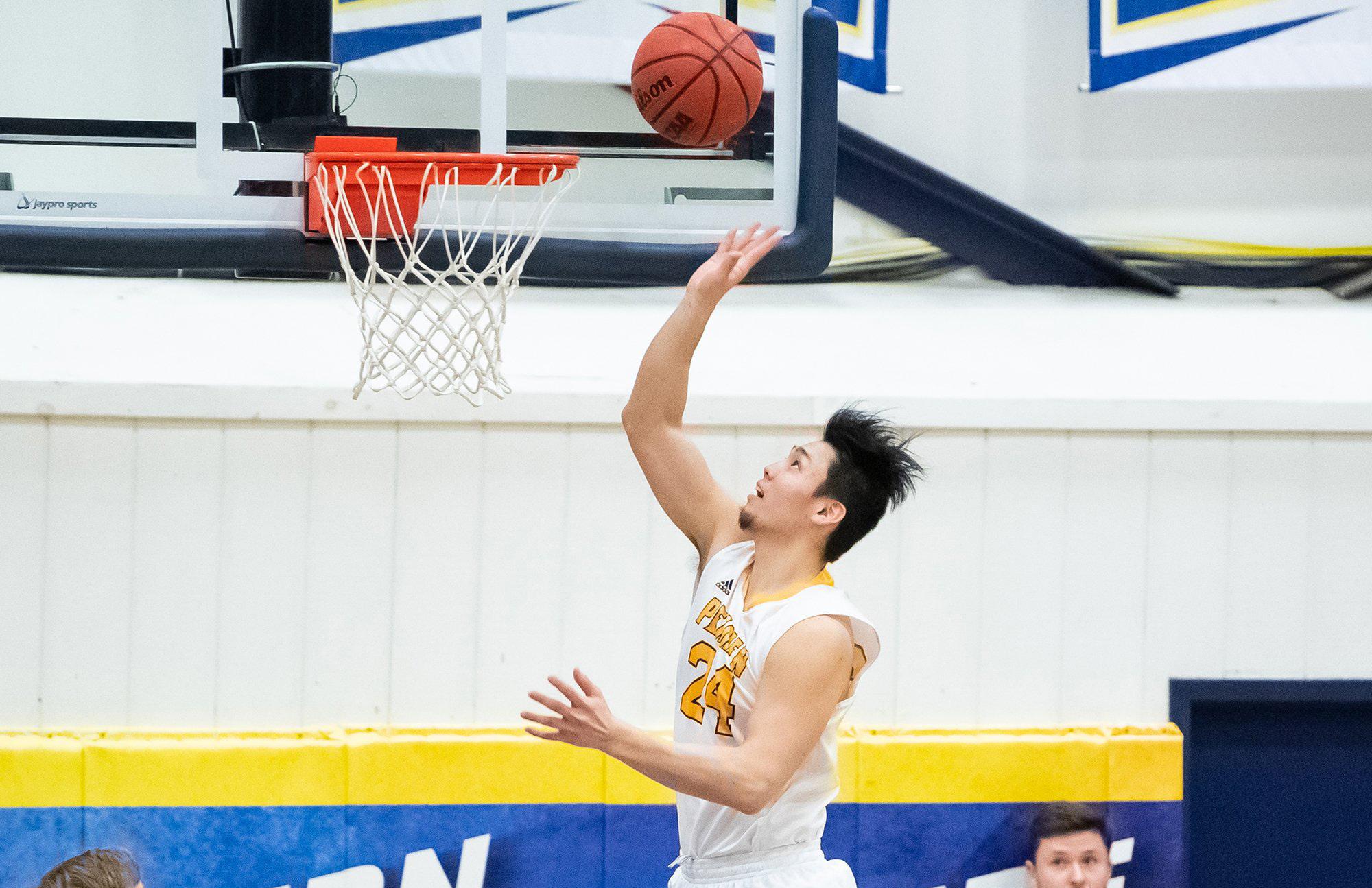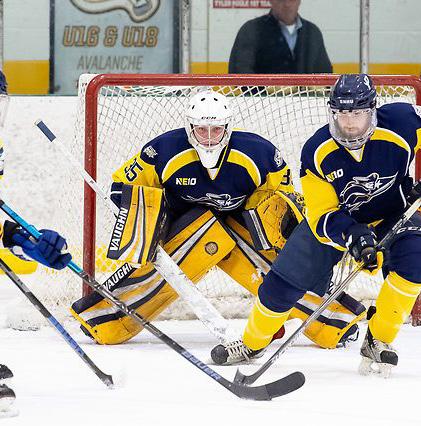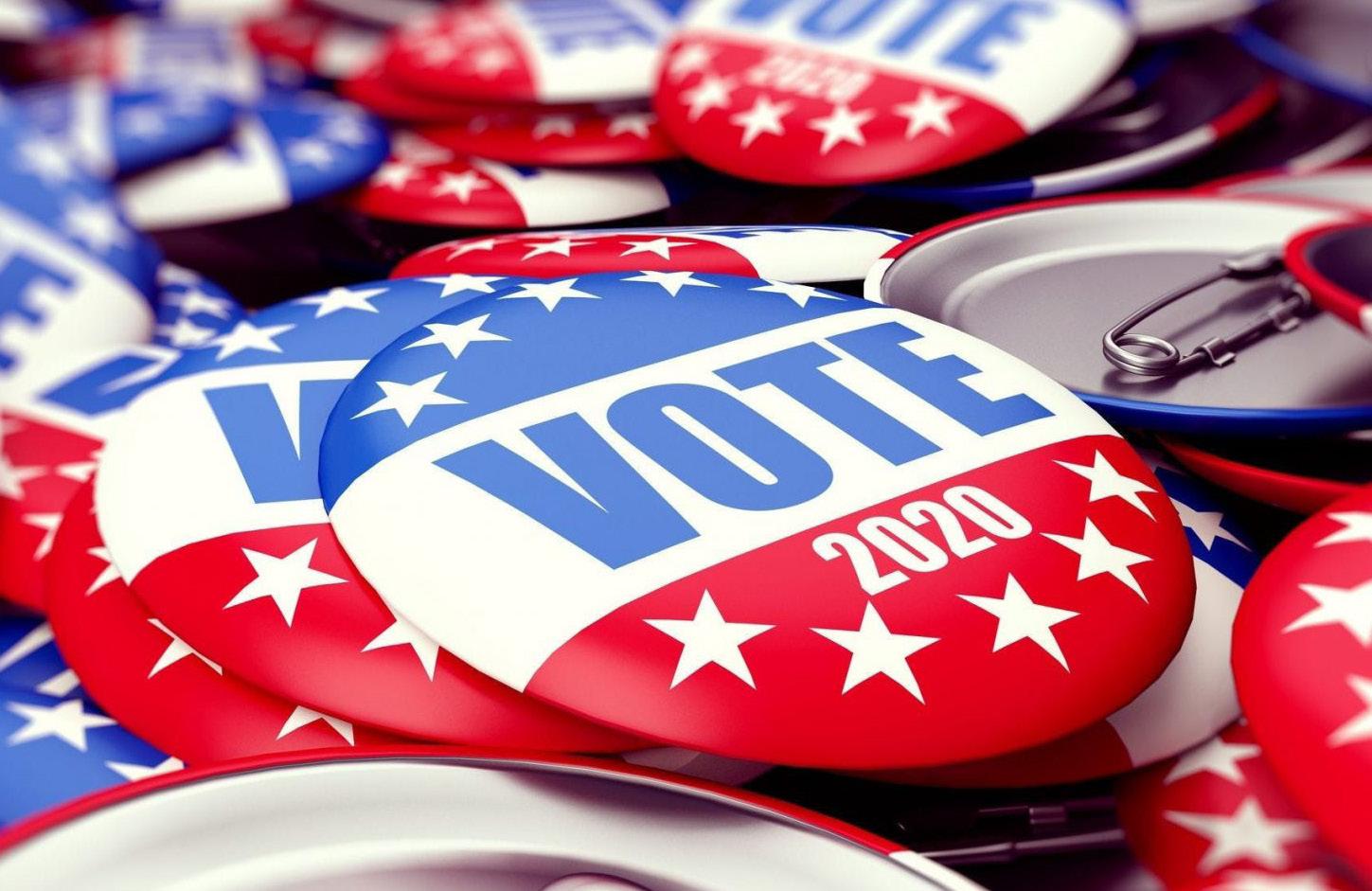
1 minute read
Semester In The City And Washington Programs Canceled For Spring Semester
Semester In The City And Washington Programs Canceled For Spring Semester

The Boston skyline
(image source: Willem Van Bergen)
Talib Williams A&E/Opinion Editor
On November 3, SNHU announced that they would be canceling the Semester In The City and Washington programs for this upcoming spring.
With COVID-19 on the rise across the nation, SNHU was forced to halt all in-person classes and meetings on campus grounds. This also involves the hiatus or cancelation of most clubs, sports, and programs that SNHU was running, including the Semester In The City and the Washington programs.
Similarly but separate from the study abroad programs at SNHU, the Semester In The City program allows students to take their semester classes in Boston, Massachusetts. Meanwhile, the Washington program has students take a semester in Washington, D.C.
The programs both invite two students to spend a semester in their designated locations where they take academic classes as usual during the week, while also working with an internship that is specific to that student’s major and chosen career. Both programs have students spend thirty-eight hours on internships while taking only two academic classes a week.
The Semester In The City internships are focused on social change, implying that students will be working with nonprofit organizations, government agencies, or for-profit organizations that have a mission revolving around social change. The majority of The Washington internships are more policy-based, which entails working with government agencies or lobbying organizations.
The two programs are run by the Chandler Center, the group responsible for many of the service-learning opportunities on campus. They also help assist student voting, help plan volunteer work, and oversee the alternative break program.
“Tactical experience helps anybody,” says Elizabeth Richards, director of the Chandler Center. “Getting real experience in a workspace where you are there 38 hours a week doing the kind of work you hope to be doing someday I think is helpful for anybody.”
These programs give students the unique opportunity to both learn and work on the career path they envision themselves following.
“My hope is once it’s safe to be back on campus and we’re able to reopen and be fully in-person again that well be able to start thinking about running these programs again,” says Richards.








